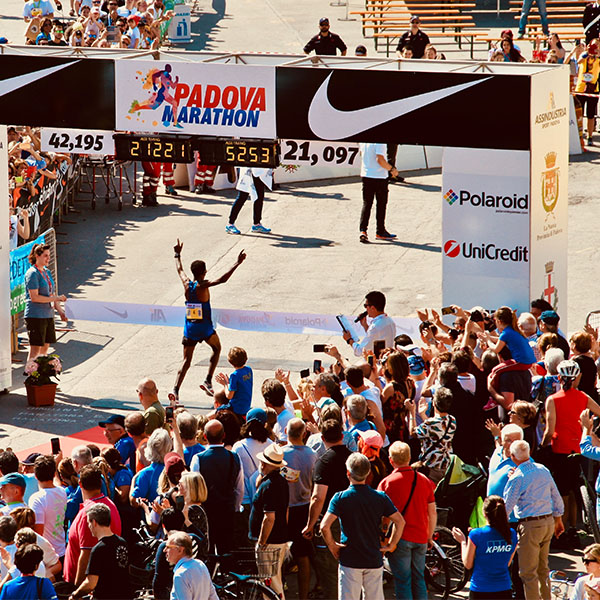How well do your athletes receive your feedback? Do they take what you say on board, or do they ignore you and continue to do their own thing?
Feedback is essential to your athletes’ learning and development. It increases their confidence in their abilities and develops their self-efficacy.
This makes the kind of feedback you give and how you deliver it critical for performance development – for better or for worse. If it’s understood, it can help your athletes better execute a skill, but if not, it could both hinder their performance and worsen your relationship with them.
So, we’ve explored the research on feedback in sport – here are three things that impact how your athletes receive your feedback, and what you can do to do them better.
What is the goal of feedback?
Feedback is meant to improve behaviour and skills. It is a key element of the support you offer your athletes, with the aim of provoking reflection and action. It allows to bridge the gap between an athlete’s current level of performance and the desired outcome. Therefore, if you want your athletes to reach the goals you have set, feedback is essential.
What impacts how athletes receive feedback?
A fascinating piece of research shows that there are many factors that affect the way players receive feedback. These basically determine whether your athletes will choose to listen to or ignore your feedback. To make sure you’re really heard, there are three main things you need to focus on:
- Who offers the feedback
- What is in the feedback
- How the feedback is delivered
Feedback: the Who
Findings from the research mentioned earlier shows that who delivers feedback matters even more than the content of the feedback itself. Your athletes are more likely to listen to authority figures as they are more trusted by players.
So, the more impact you want feedback to have, the higher authority, status and power the person delivering it should have. It increases the athlete’s trust levels in what is being said, and gives more value to the feedback in their eyes.
It’s not just about current status, though. For example, an athlete will be more open to receiving feedback that comes from someone who had a successful career in the same sport, which gives them more credibility.
Finally, the relationship between your athlete and the person who gives them feedback also plays a crucial role. If it is well established, this makes the feedback more impactful, and the athlete is more likely to take it on board than completely reject what is being said.
Feedback: the What
The content of the feedback can impact how players receive it.
Consistency is one key aspect of it. If an athlete receives feedback that significantly differs from the one they received last time or has nothing to do with what they’re currently working on, they’ll tend to ignore it. Contradicting or unrelated feedback makes a lot less sense.
Another aspect is the type of feedback. If it’s overly positive, players tend to be very distrustful of it. If it’s overly negative, they’ll be reluctant to engage with it. It’s all about finding a balance that will encourage your athletes to listen and take the feedback on board. It should have positive elements of encouragement but also indicate what needs improving to make their performance more successful.
Feedback: the How
Finally, the way feedback is delivered can make it appear more appealing to your athletes. They’re more likely to listen or even ask for explanations when they don’t understand if they receive feedback from someone who seems very open about it.
So, what makes feedback “open”? Well for example, it can include asking open-ended questions such as “Why did you do that?”, listening to the answer, then explaining what they would have done it differently or how the athlete can improve upon that. It’s all about creating a conversation.
Giving open feedback allows athletes to engage with it and feel in control, enabling them to better understand and use the feedback. If feedback seems one-sided or closed such as “coach’s way or the highway”, athletes are likely to disregard what they’re told.
Final thoughts
Feedback that’s provided in the right way can have a significant impact on the development of your athletes’ performance. But it is only useful to athletes who listen and can make sense of it.
The content, the delivery and the person offering the feedback are all highly important factors and will play a key role in whether your athletes understand and action the feedback. If you truly focus on these, your feedback skills will greatly benefit. In turn, your athlete’s knowledge will grow richer, which will bring them closer to reaching your goals.
Feedback is the key to great athlete development – make sure you give it wisely.





